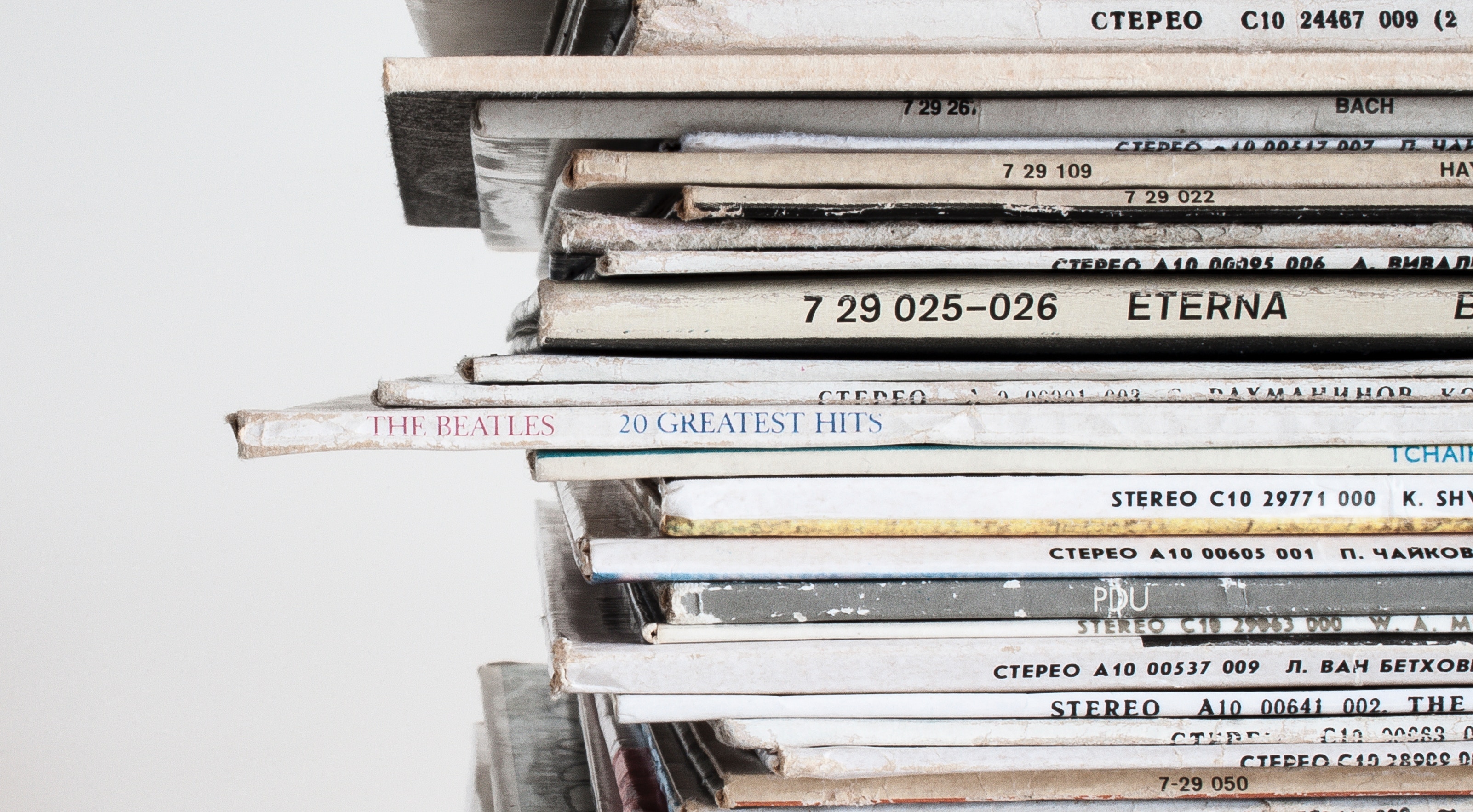
Judging from my conversations with most of my clients, the publishing deal seems to be by far the most mysterious deal of them all.
Publishing is one of the most fundamental activities in the music industry. It represents a considerable source of revenue and directly affects the artistic heritage of any songwriter. Yet, many turn their backs on it, or do not give it the attention it deserves. They sign away their rights without understanding why!
In order to shed light on music publishing and its importance, I will be offering an overview in two separate articles. The first article will cover the basics, and the second will focus on some of the provisions you should look out for in your agreement.
** [As this article is denser than usual, make sure you understand the terms musical work, copyright, songwriter and composer before reading!]
WHAT PUBLISHERS DO
First, let’s make something clear: music publishing is a career. A very old career at that. As old as the existence of copyright.
While many individuals or companies have developed a legitimate expertise in publishing, many claim the title without having the knowledge or skills: authors/composers, beware!
In short, the publisher is the manager of the musical work. In the same way that an actual manager will invest his energy in the development of the artist’s career, the publisher will invest his energy in the development of the musical work.
As the owner of all or part of the rights to the musical work, the publisher’s objective is to ensure the durability of the work… and obviously, to make money.
The publisher’s areas of expertise can include the following:
- creative [for example, the publisher can pair an author (lyrics) with a composer (music), or a songwriter with a performer, or forward an advance to the songwriter so that they can create the work, or actively participate in the creative process];
- promotional [for example, the publisher can advertise the work for prospective performers or companies seeking music for their projects (films, commercials, video games, etc.)]; or
- administrative [for example, the publisher will register the musical work with collecting societies, set the price of user licenses, and collect the income generated by the exploitation of the work].
Bref, l’importance de l’éditeur est indéniable, pour autant qu’il soit choisi avec précaution!
LE CONTRAT D’ÉDITION : QU’EST-CE QUE CELA VISE?
L’édition musicale vise principalement les concepts d’œuvre musicale, de droit d’auteur, d’auteur et d’éditeur.
Le contrat d’édition est donc généralement celui par lequel l’auteur cède tout ou partie de ses droits d’auteur sur l’œuvre musicale à l’éditeur, lequel s’engage à en assurer l’exploitation et la protection ainsi qu’à verser une partie des revenus en découlant à l’auteur. [Il existe différents type de contrats d’édition, j’en ferai un survol dans la PARTIE 2]
** RAPPEL IMPORTANT ** Certains contrats d’édition ont pour effet de transférer les droits de l’auteur à l’éditeur : l’auteur n’a plus de droits d’auteur sur son œuvre, mais conserve son droit d’en percevoir une partie des revenus.
D’où l’importance de bien choisir, encore une fois.
PUBLISHING ROYALTIES
Generally speaking, the income generated from the usage of a musical work is split into two categories: the writer’s share and the publisher’s share.
The standard rule is that the songwriter’s share must never be less than 50%. In other words, the songwriter never receives less than 50% of the income from the musical work.
When a work is created, the songwriter owns 100% of the copyright, including the publishing royalties – the writer’s share AND the publisher’s share.
However, in practice, when the songwriter signs a publishing contract, they generally assign to the publisher all or part of their copyright in the musical work. The publisher will then exercise all the rights reserved to songwriters from that moment on… and will collect their publisher’s share according to the percentage established in the contract.
For example, if it is agreed that the publisher collects 100% of the publisher’s share, that means they get 50% of the total publishing royalties derived from the musical work. If the publisher collects half of the publisher’s share (and the songwriter keeps the other half, for instance), that means the publisher will receive 25% of the total royalties derived from the musical work. etc.
In short, the publisher’s share is a question of money, not to ownership of the musical work: the publisher might hold 100% of the copyright in a musical work in a publishing agreement, but they will always only be entitled to the publisher’s share, i.e. a maximum of 50% of the income from the usage and exploitation of the work.
________________________________________________________________________________
* THIS IS A BRIEF OVERVIEW OF THE VAST FIELD OF PUBLISHING. I would be pleased to discuss it further with you, if need be. The second part of this series will cover certain types of contracts and some of the most important clauses. **
** Translated by Emily Alberton / Photo credit : Umberto Cofini